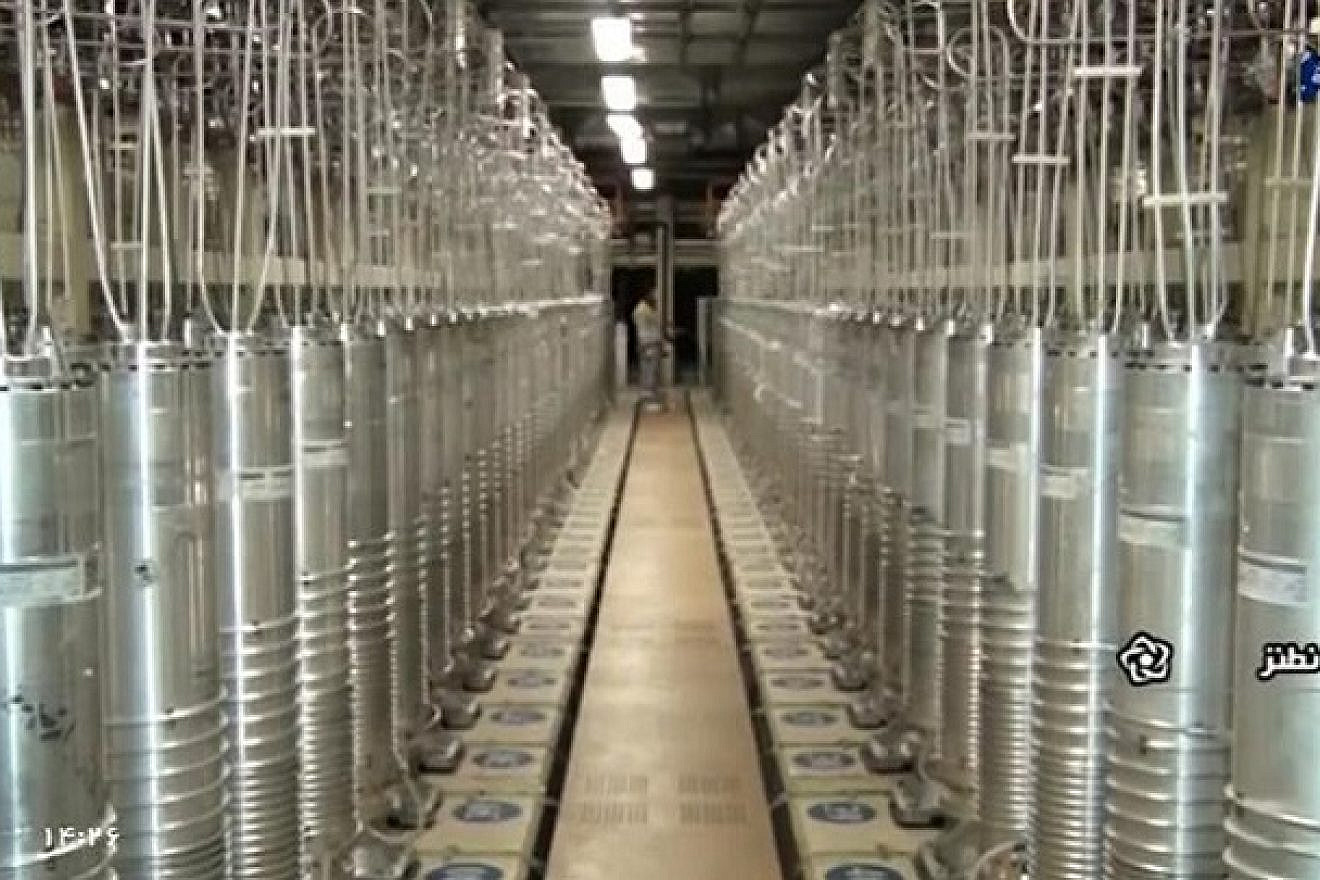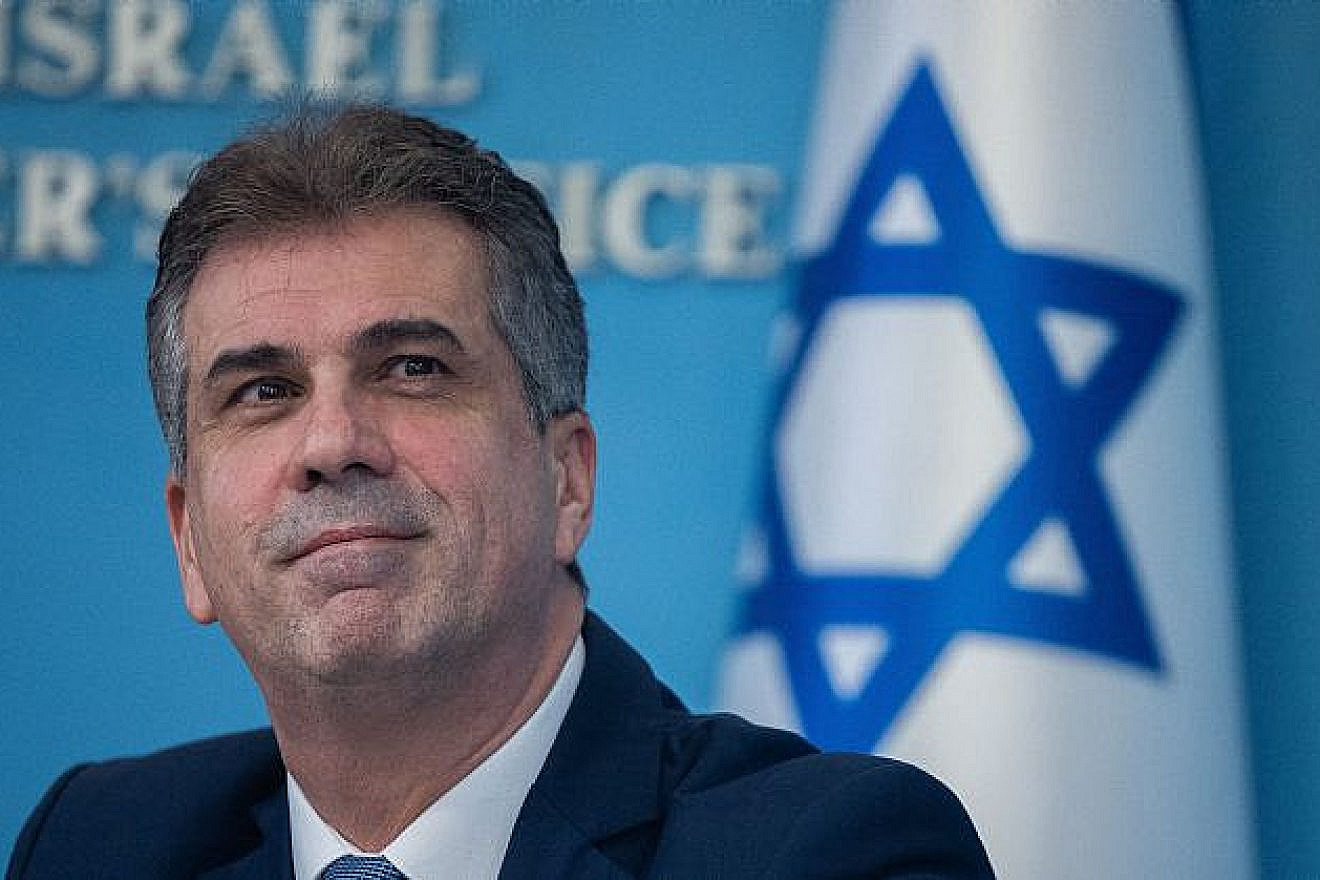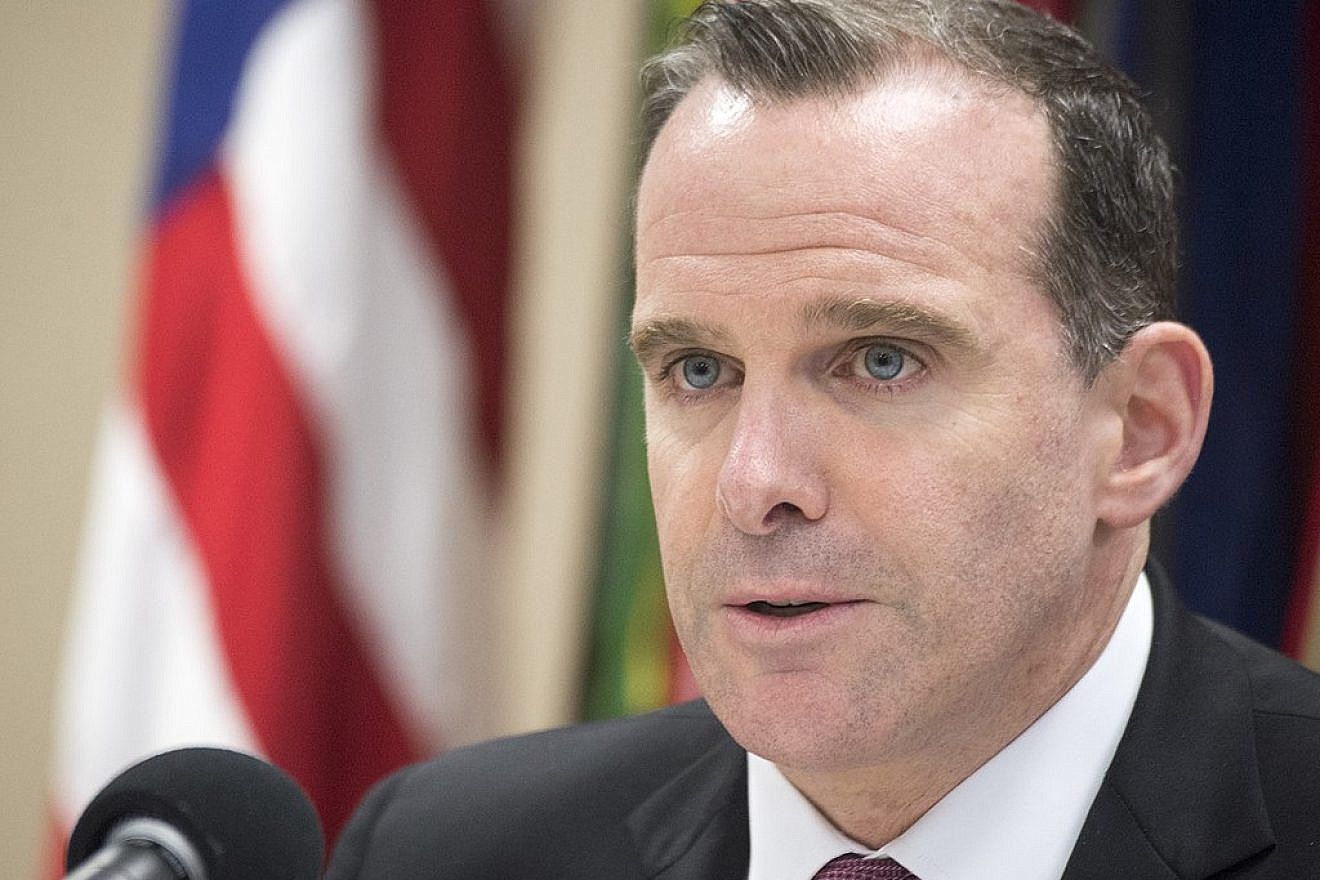U.S. President Joe Biden’s White House Coordinator for the Middle East and North Africa Brett McGurk visited Oman on May 8 to discuss with officials there the possibility of reaching out to Iran regarding its nuclear program, according to Axios.
McGurk traveled to Muscat after visiting Saudi Arabia with U.S. National Security Advisor Jake Sullivan and then Israel to brief Prime Minister Netanyahu on the talks Sullivan held with Crown Prince Mohammed bin Salman.
The trip to Muscat, however, was not made public by either the United States or Oman.
Five U.S., Israeli and European officials who confirmed the trip disagreed, however, on the contents of the talks.
Three Israeli officials said the United States was exploring whether Iran was open to putting limits on their nuclear program and what they would require in exchange.
A White House National Security Council spokesperson denied it: “There is no U.S. discussion of an interim deal and no discussion of sanctions relief, or closing safeguards cases.”
However, a European diplomat told Axios that the “U.S. is working with the Omanis on the Iranian issue.”
Israel has expressed concerns about reports of an interim nuclear agreement between the United States and Iran being reached “in the coming days and weeks,” Israeli media reported on May 29.
Specifically, Jerusalem is concerned about a deal that would allow the regime in Tehran to freeze part of its nuclear activities in exchange for the lifting of U.S. sanctions, according to Kan News.
A source close to the White House told Kan that “diplomacy is the best way to stop Iran from having nuclear weapons,” and it was reported that messages have been broadcast between Washington and Tehran on the nuclear issue.

Iran International reported on May 27 that Washington and Tehran are close to a deal on the release of billions of dollars in frozen funds in exchange for the release of American hostages and “flexibility” in nuclear negotiations.
The money would reportedly come from frozen assets in Iraq and South Korea valued at up to $10 billion or more, according to Iranian officials.
U.S. sanctions bar Iraq from paying Iran for natural gas and electricity it imports, and South Korea owes Iran $7 billion for oil imported prior to May 2019, when former President Donald Trump imposed a fresh set of sanctions on Iran.
According to the Iran International report, in return Iran would be expected to take a less rigid approach to its nuclear program, and release three U.S. citizens held hostage in Iran—Siamak Namazi, Emad Sharghi and Morad Tahbaz—and two U.S. permanent residents—Jamshid Sharmahd and Shahab Dalili. All five are detained on espionage charges.
On May 26, Iran exchanged two prisoners with Belgium in a deal that was brokered by Oman.
Israeli Foreign Minister Eli Cohen told Kan on Monday that while there was “excellent cooperation” between the United States and Israel on Iran, which had resulted in several achievements, “The State of Israel relies first and foremost on itself.”
Cohen is currently on a diplomatic trip to central Europe and met in Zagreb on Monday with Croatia’s Prime Minister Andrej Plenković.

Opposition leader Yair Lapid said that an interim agreement would be “dangerous” and that “every effort” must be made to prevent one.
“It is possible that such an agreement will make it difficult for us to act—and we must do everything to prevent this from happening,” he said, according to Kan.


























